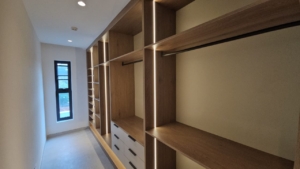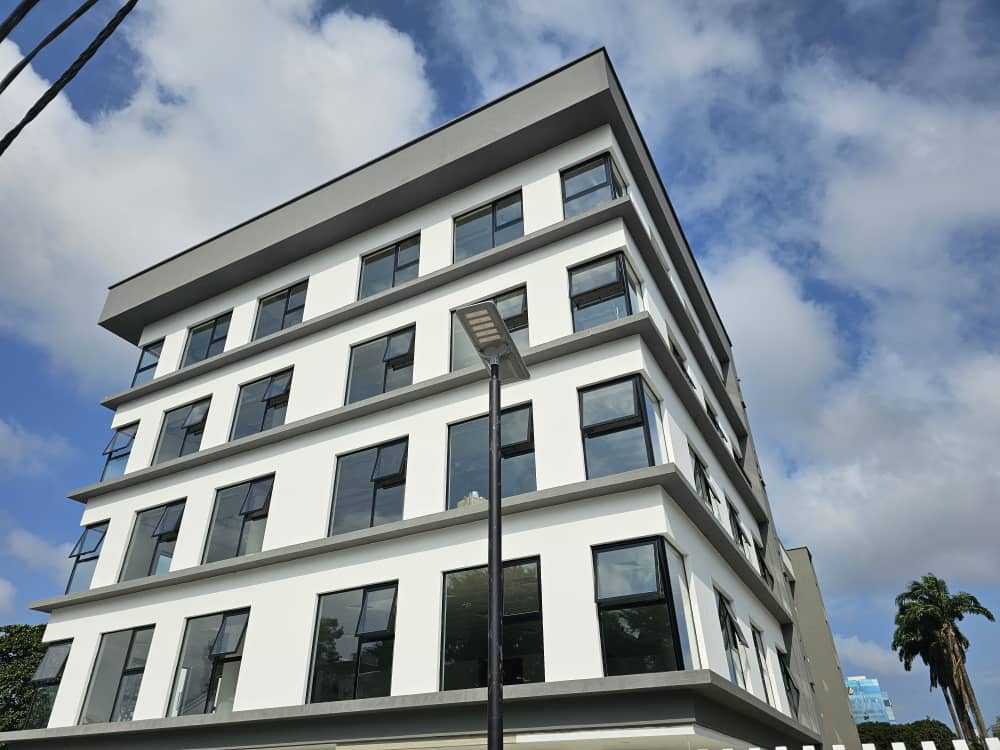Navigating the Nigerian Real Estate Market: Challenges, and Opportunities for Investors.
Major Challenges Facing the Real Estate Sector
- Land Ownership and Title Issues One of the biggest hurdles in the Nigerian real estate market is the complexity surrounding land ownership. The Land Use Act of 1978 grants the government control over all land, making it difficult for investors to secure clear and uncontested land titles. The presence of “Omo Onile” (local land-owning families) who often claim traditional ownership of land further complicates property transactions. Investors need to perform due diligence and work with experienced lawyers to navigate these challenges.
- Inadequate Infrastructure While urban areas like Lagos and Abuja have developed infrastructure, many parts of Nigeria still lack basic amenities such as roads, electricity, and water supply. The cost of developing these infrastructures can be a significant burden for real estate developers, impacting the overall return on investment. However, government efforts to improve infrastructure through public-private partnerships provide a glimmer of hope for future growth.
- High Construction Costs The cost of construction materials in Nigeria is high due to factors such as import duties, inflation, and fluctuating exchange rates. This drives up the price of properties, making it harder for developers to offer affordable housing and for investors to get higher returns on investment. Nonetheless, some developers are exploring alternative building materials and technologies to reduce costs without compromising quality.
- Access to Finance While the real estate market in Nigeria offers lucrative opportunities, access to financing remains a significant challenge for both developers and buyers. Mortgage rates are often high, and the mortgage penetration rate in Nigeria is less than 1%, compared to around 10% in other developing countries. Many prospective homeowners cannot afford to purchase properties outright due to a lack of affordable financing options. However, recent government policies aim to address these issues by encouraging the growth of Nigeria’s mortgage sector and introducing more favorable financing schemes.
 Opportunities for Investors in Nigerian Real Estate
Opportunities for Investors in Nigerian Real Estate
- Residential Housing Nigeria faces a severe housing deficit, with estimates ranging from 17 million to 22 million units. This gap provides a massive opportunity for investors, particularly in affordable housing. As the demand for homes continues to rise, developers who can offer low-cost housing solutions stand to gain the most. Additionally, luxury residential properties in prime locations like Victoria Island, Ikoyi, and Banana Island offer significant returns for investors targeting high-net-worth individuals.
- Commercial Real Estate The growth of Nigeria’s middle class and increasing foreign investment have fueled demand for commercial real estate. Office spaces, shopping malls, and warehouses are in high demand, particularly in Lagos and Abuja, where businesses and multinationals are setting up regional headquarters. Additionally, as Nigeria continues to diversify its economy away from oil, sectors like technology, telecommunications, and retail are expanding, driving the need for more commercial properties.
- Industrial and Logistics Real Estate With Nigeria’s push to boost local production and reduce import dependency, there has been an increase in demand for industrial and logistics properties. Investors can capitalize on this by developing warehouses, factories, and logistics hubs, especially in areas close to major transport routes and seaports. Industrial real estate offers steady, long-term returns due to the growing need for manufacturing and distribution facilities in Nigeria.
- Tourism and Hospitality Nigeria’s hospitality and tourism sector is growing, particularly in cities like Lagos, Abuja, and Calabar, which attract both business travelers and tourists. Hotel developments, resorts, and short-term rental properties (such as serviced apartments) are lucrative options for investors. With the growing popularity of platforms like Airbnb, real estate investors can also explore the short-term rental market to diversify income streams.
- Emerging Markets in Secondary Cities While Lagos and Abuja remain the primary investment hubs, secondary cities like Ibadan, Enugu, Kano, and Uyo are emerging as promising real estate markets. These cities offer cheaper land prices and lower barriers to entry, making them attractive options for investors looking to diversify their portfolios. As more Nigerians move to these cities for economic opportunities, demand for residential and commercial properties is expected to grow, presenting a profitable opportunity for early investors.
 Government Policies and Reforms Impacting Real Estate
Government Policies and Reforms Impacting Real Estate
- Affordable Housing Schemes The Nigerian government is taking steps to address the housing deficit by rolling out various affordable housing schemes. These programs aim to make homeownership more accessible to Nigerians, especially low- and middle-income earners. Investors can benefit from these government-backed initiatives, either through direct participation in affordable housing projects or by partnering with state governments and institutions like the Federal Mortgage Bank of Nigeria (FMBN).
- Land Reforms Reforms aimed at simplifying the process of acquiring and registering land titles are also underway. These reforms are designed to improve transparency and reduce the time it takes to process land documentation, making it easier for investors to navigate land ownership issues


 Government Policies and Reforms Impacting Real Estate
Government Policies and Reforms Impacting Real Estate